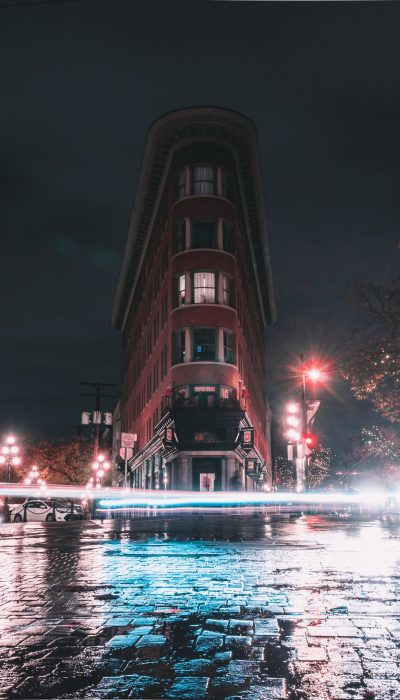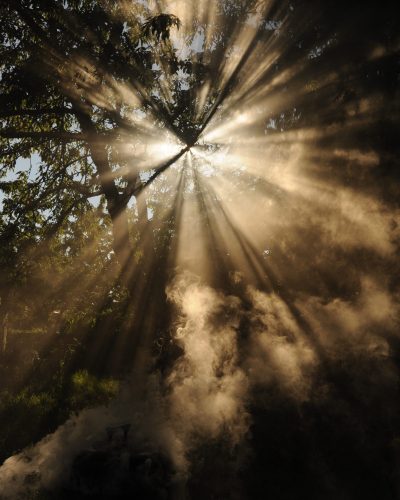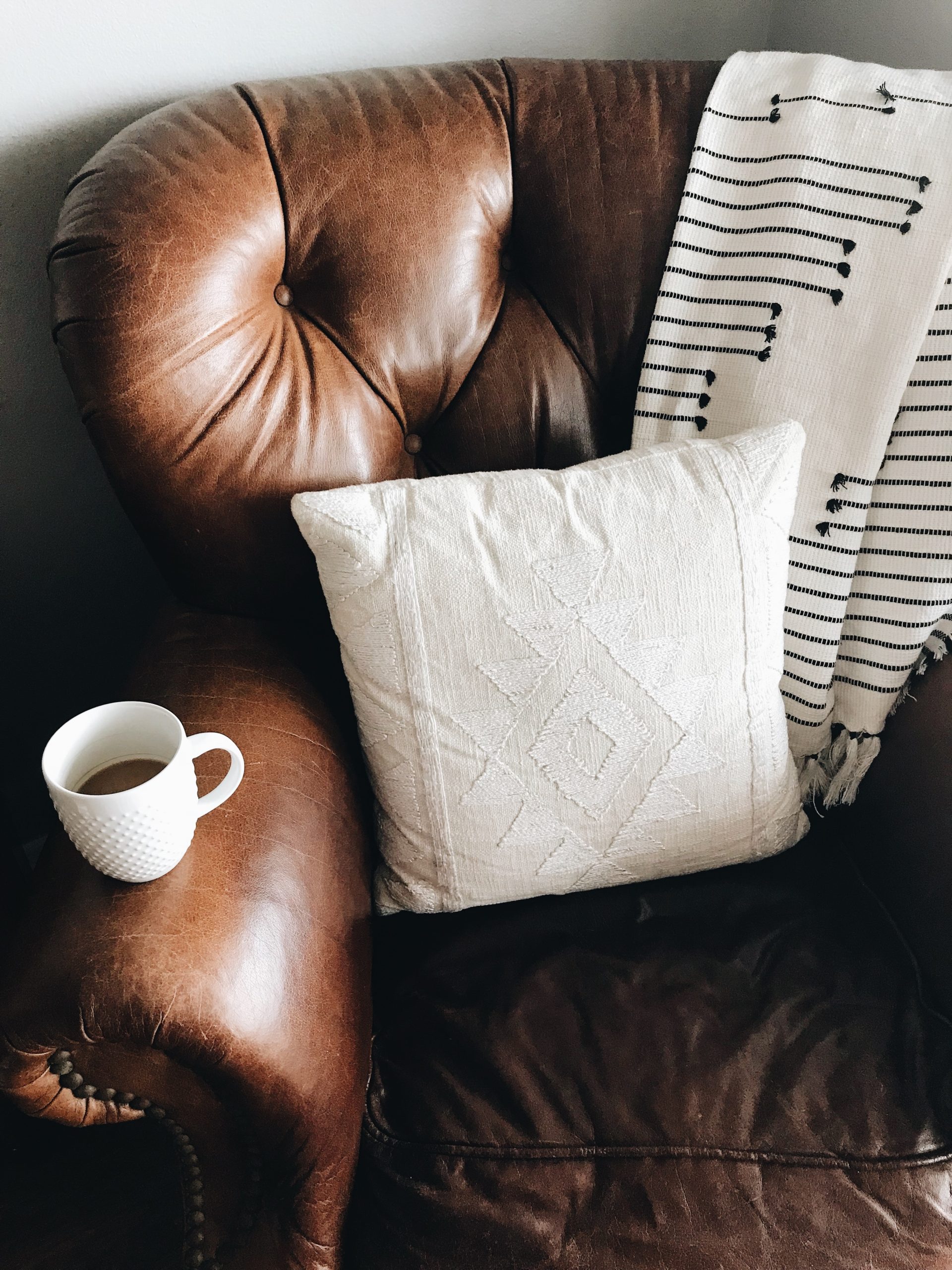Managing Seasonal Depression in Vancouver
Seasonal Depression in Vancouver
Nestled between the Pacific Ocean and the coastal mountains, Vancouver is renowned for its breathtaking natural beauty and vibrant cultural scene. However, for many of us, our picturesque city comes with its own set of challenges during the rainy and gloomy winter months. Seasonal Affective Disorder (SAD), a form of depression that strikes when the sunlight dwindles, affects countless Vancouverites each year. The reduced exposure to natural sunlight can disrupt circadian rhythms and impact mood-regulating neurotransmitters like serotonin and melatonin.
In this blog post, we will answer your questions about seasonal depression or Seasonal Affective Disorder and explore how to manage seasonal depression, focusing on counselling, exercise, light therapy, stress management, and developing effective coping strategies.
Do I Have Seasonal Depression?
Seasonal Affective Disorder (SAD) isn’t a standalone diagnosis, but a unique type of depression characterized by its recurring seasonal pattern. This blog post explores the signs and symptoms of SAD, which last for approximately four to five months each year. While SAD shares some commonalities with major depression, there are also distinct symptoms specific to its winter and summer patterns. It’s important to note that not every individual with SAD will experience all these symptoms.
Symptoms of Major Depression:
- Pervasive Feelings of Depression: SAD, like major depression, can cause individuals to feel persistently depressed, nearly every day.
- Loss of Interest:A diminishing interest in activities that were once enjoyable is a hallmark symptom of both SAD and major depression.
- Appetite and Weight Fluctuations: Changes in appetite and weight are common in both conditions. Some people with SAD may eat more or less than usual.
- Sleep Disturbances: Sleep problems, such as difficulty falling asleep or oversleeping, are prevalent in both major depression and SAD.
- Agitation and Sluggishness: Individuals with SAD, like those with major depression, may experience restlessness or a sense of lethargy.
- Low Energy Levels: Both conditions often lead to a pervasive sense of low energy, making daily tasks feel more challenging.
- Feelings of Hopelessness and Worthlessness: Feelings of hopelessness and worthlessness are common emotional states in both major depression and SAD.
- Difficulty Concentrating: Individuals may struggle with concentration, focus, and decision-making, which is characteristic of both conditions.
- Thoughts of Death or Suicide: Frequent thoughts of death or suicide can be present in both SAD and major depression, requiring immediate attention and support.
Specific Symptoms of Winter-Pattern SAD:
- Oversleeping (Hypersomnia): Winter-pattern SAD often leads to excessive sleep (hypersomnia), where individuals may find themselves sleeping more than usual.
- Overeating and Carbohydrate Cravings: Many individuals with SAD experience increased appetite, particularly for carbohydrates, leading to overeating and weight gain.
- Social Withdrawal: It’s common for those with winter-pattern SAD to withdraw from social activities, preferring to “hibernate” and limit interactions.

How do I Manage Seasonal Depression?
1. Counseling: Shedding Light on Emotions
- Seasonal depression can exacerbate feelings of isolation. Seeking counseling can provide a supportive space to express emotions and navigate the challenges.
- Counselors help identify specific SAD symptoms, improving understanding and coping.
2. Exercise: Boosting Mood with Activity
- Regular exercise is a powerful tool for managing depression. Vancouver offers numerous indoor fitness options, promoting physical activity even during inclement weather.
- Physical activity releases endorphins, the “feel-good” hormones, which can combat depressive symptoms.
3. Light Therapy: Harnessing the Power of Sunshine
- Light therapy, or phototherapy, effectively alleviates SAD symptoms. Special lightboxes simulate natural sunlight, regulating circadian rhythms and elevating mood.
- Vancouverites have seamlessly integrated light therapy into their daily routines, dedicating a portion of their mornings to this practice.


4. Stress Management: Weathering the Storm
-
- Stress can exacerbate SAD. Effective stress management is essential. Counselors often introduce mindfulness, relaxation exercises, and deep breathing techniques.
- Identifying and addressing stressors, especially those related to winter, can improve overall well-being.
5. Developing Coping Strategies: Crafting a Winter Survival Plan
-
- Vancouver residents have devised various coping strategies for navigating seasonal blues. These may include setting daily routines, setting achievable goals, and identifying joy-bringing activities.
- Building a support network and seeking help from friends and family offer vital emotional support during challenging times.
As winter approaches, Vancouverites need not despair. Seasonal Affective Disorder is real but manageable, with Vancouver offering a wealth of resources to help cope. Whether through counseling, exercise, light therapy, stress management, or developing personalized coping strategies, relief is within reach. If you have been prone to seasonal depression in the past, we recommend you reach out for support and start preparing for this winter. If you are in need of support, our team would love to support you this season.




